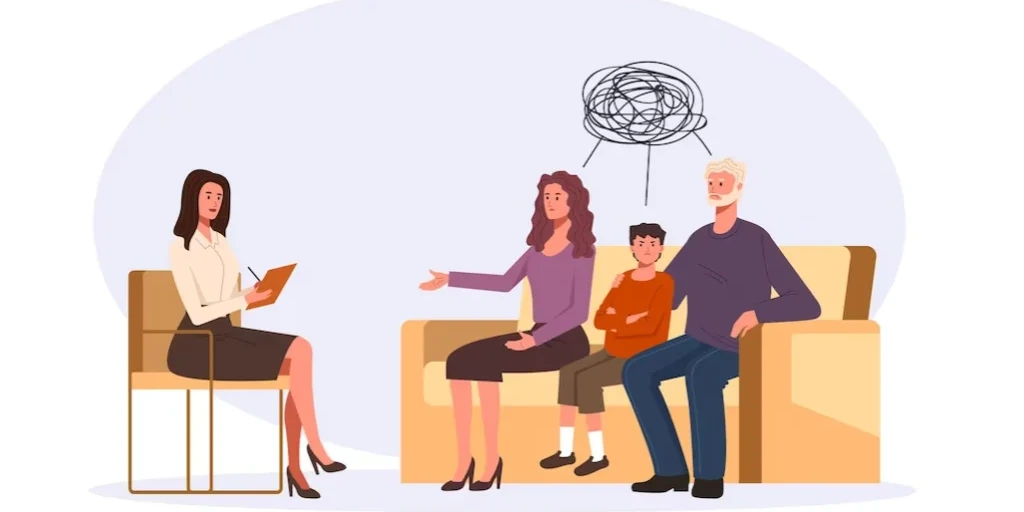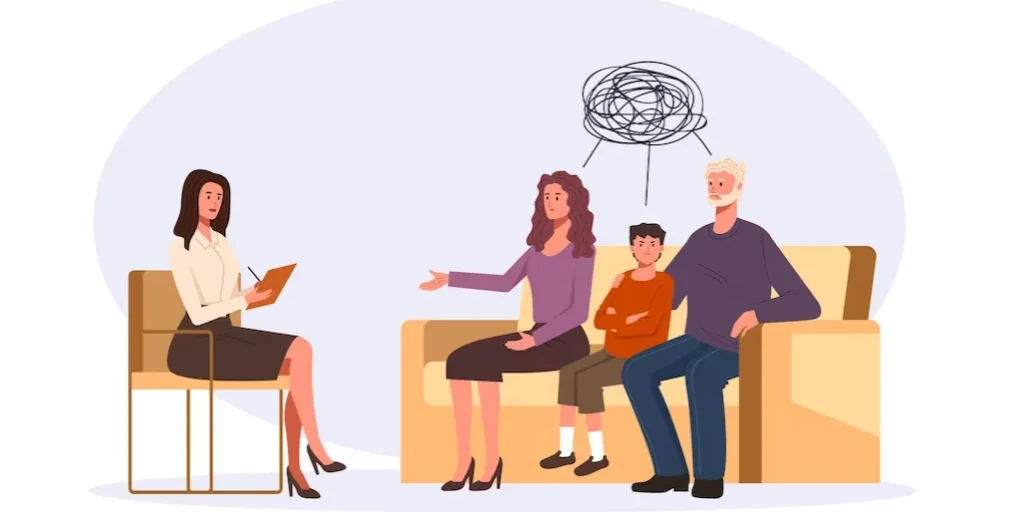24/7 Helpline:
(866) 899-221924/7 Helpline:
(866) 899-2219
Learn more about Prescription drug Rehab centers in Allen County

Other Insurance Options

Premera

Coventry Health Care

American Behavioral

Evernorth

United Health Care

Excellus

BHS | Behavioral Health Systems

Oxford

Group Health Incorporated

Meritain

BlueShield

Humana

WellPoint

Health Choice

Aetna

Magellan

Cigna

Sutter

Choice Care Network

PHCS Network

Time Out Community Counseling and Correctional Services
Time Out Community Counseling and Correctional Services offers outpatient treatment for individuals ...

LifeSkills Service Center – Allen County
LifeSkills Service Center – Allen County is a private rehab located in Scottsville, Kentucky. LifeSk...

More to Life Counseling
More to Life Counseling offers faith-based and evidence-based counseling services for individuals, f...
































































